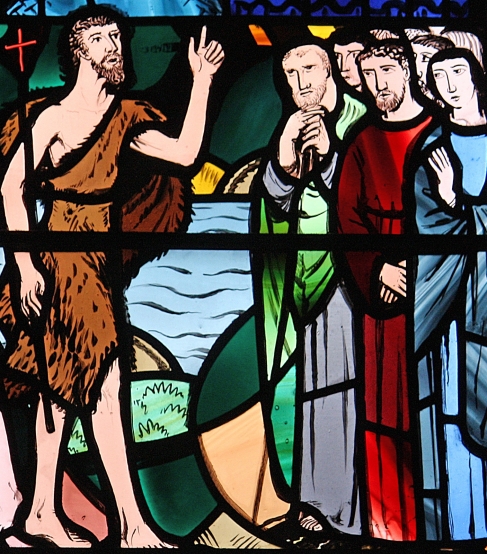Matthew 4:5-7
5 Then the devil took him to the holy city, Jerusalem, to the highest point of the Temple, 6 and said, “If you are the Son of God, jump off! For the Scriptures say,
‘He will order his angels to protect you.
And they will hold you up with their hands
so you won’t even hurt your foot on a stone.’”
7 Jesus responded, “The Scriptures also say, ‘You must not test the Lord your God.’”
We talked about desire vs. need in the last devotional, in the first temptation that Jesus faced in the wilderness. Today, let’s talk about Fear vs. Faith. In the second temptation, the devil takes Jesus up to the highest point, presumably of the temple in Jerusalem and dares him to jump off to find out if God would send his angels to cushion his fall, to see if God really cares. This is not a simple game of dares. This is a test of the very core of his being. The devil starts off saying ‘IF you are the Son of God…’ doing his best to put the seed of doubt not just in his mind, more importantly, in his heart. This doubt is not the intellectual kind but the essential kind, of Identity. With the identity as the Son of God comes the authority and power of a king or a prince. Subjects serve kings and princes loyally because their identity is known. If that identity is shaken or in doubt, their authority and power are stripped and… off with their heads!! The devil was simply trying to create doubt in Jesus’ mind to keep him from exercising his authority and power, to do and accomplish what he was supposed to do. Doubt leads to stress and anxiety, which can lead to indecision, which can lead to paralysis, and eventually death. And at the heart of this doubt is fear, in this case, the fear of isolation.
Jesus repeatedly said things like “I and the Father are one,” reinforcing his identity as the Son of God. Putting doubt in his mind by making him question his oneness with God would make his authority and power null, and for all intents and purposes his ministry, void.
This is what happens to us on a daily basis. We are ‘tempted’ to question our oneness with God, therefore compromise the power and freedom bestowed upon us to live fully. We’re also tempted in many other ways that allows fear to become dominant in our lives.
Fear works because it focuses our attention on our deficiencies. Fear keys into on what think we lack of ourselves and as compared to others. Fear of being alone, of not having enough; time, talent or treasures, not smart enough, not strong enough, not beautiful enough, not worthy enough, not loved enough, just plain not being enough. Rarely does anyone fear having too much talent, or wealth or any of the things mentioned above. As I said, fear creates doubt, stress, anxiety, paralysis, and then eventually death. If you have many fears and are wondering why the quality of your life is so bad, it’s because there is no life in fear, only death; you cannot live in fear. The only way to overcome Fear is by Faith as trust.
Notice what Jesus says in response to the challenge, ‘you must not test the Lord your God.’ Again, this is not an intellectual challenge we’re talking about here. We’re talking about relationships not religion. Intellectually, we are free to doubt or question anything and everything, traditions, doctrine, dogma, and law. We don’t question them because we’re afraid, but because we disagree. Our relationship with God is about trust, believing in God’s promises to help us overcome our fears, believing and trusting when he says that we don’t have to be what others want us to be. We just have to accept that we are loved for who we are.
The believing and trust happens in this manner. There is no way for anyone, not even God, to prove this love, just like there’s no way to convince someone that they are beautiful, or worthy intelligent, or talented, or strong, or simply, enough, when they don’t already believe it of themselves. At the end of the day they just have to believe it and trust. This kind of faith, as trust, cancels out fear. That’s what Jesus was doing. He knew that the act of testing God would be futile. At the end of the day all he could do was trust in God’s presence for peace. What the devil was trying to do was throw a wrench into that trust, to introduce fear for a snowball effect.
It’s funny that I just preached on this very topic yesterday (7/29/12). I’ll see if I can post the audio for you soon.




